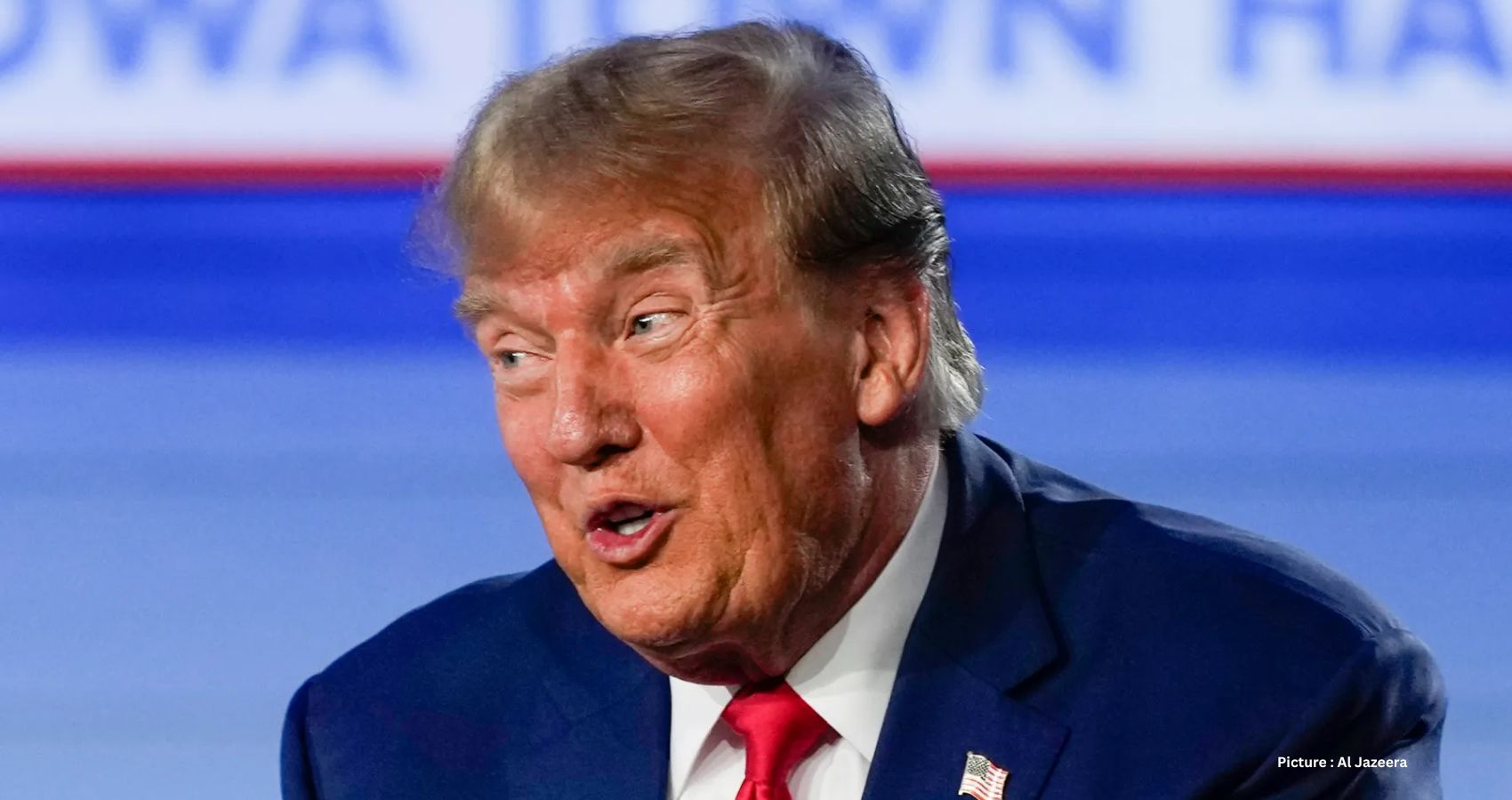Recent polling indicates that Donald Trump continues to face low favorability ratings among Americans, despite emerging as the probable Republican nominee following his success in the primaries and the withdrawal of his sole remaining rival.
According to a survey conducted by ABC News/Ipsos among 536 U.S. adults on March 8-9, only 29 percent hold a favorable view of the former president, while a majority of 59 percent view him unfavorably.
Trump’s dominance in the primaries, where he secured all but one victory on Super Tuesday, prompted former U.N. ambassador Nikki Haley to exit the race, leaving him uncontested. However, his favorability rating has seen little change since last summer, remaining around 30 percent.
The survey also compared Trump’s popularity with that of President Joe Biden, the presumptive Democratic nominee. Biden’s favorability rating stands at 33 percent, slightly higher than Trump’s, with 54 percent viewing him unfavorably.
Both candidates have struggled to gain widespread approval, with more people disapproving of them than approving. This trend has persisted across various polls, indicating a challenge in rallying voter support.
Regarding trust in their presidential capabilities, 36 percent of respondents believed Trump would do a better job compared to 33 percent for Biden, while 30 percent had no preference for either candidate.
The race between Trump and Biden remains tight in national polls, with only a small margin separating them. However, Trump faces legal challenges as he becomes the first former president to undergo four criminal trials, which he claims are politically motivated.
Meanwhile, concerns over Biden’s age and mental acuity have surfaced, with critics questioning his fitness for another term. Despite being the oldest serving president in U.S. history at 81, Biden has dismissed such concerns, asserting that his “memory is fine” and he knows “what the hell” he’s doing.
Polling data also indicates that nearly half of U.S. adults consider Trump too old for another term, raising questions about his ability to lead. Additionally, Biden has faced criticism for his handling of issues such as undocumented immigration and the Israel-Hamas conflict, with around two-thirds of voters disapproving of his approach.
Despite these challenges, political analysts suggest that Biden’s support base may reluctantly back him to prevent a Trump victory, particularly concerning sensitive issues like the Gaza conflict.


